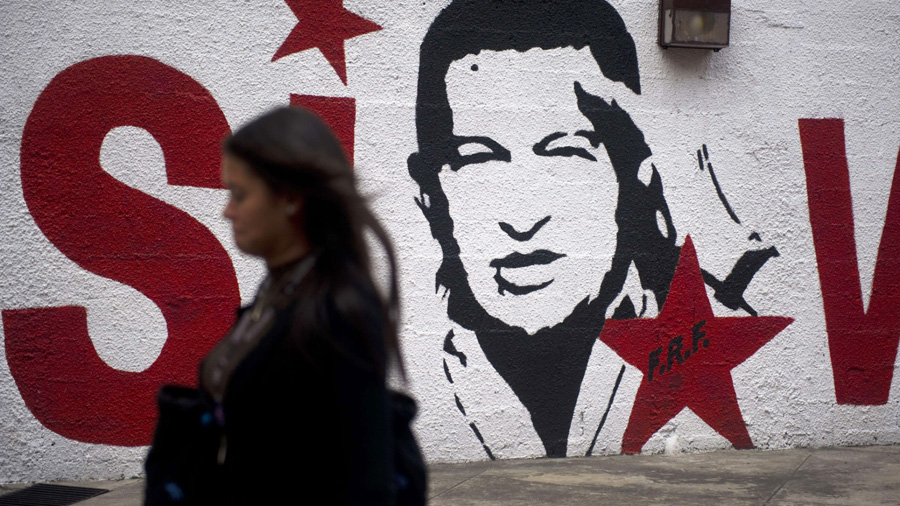Hugo Chávez Frías will remain president of Venezuela for the next six years, following his defeat of moderate challenger Henrique Capriles Rodonski in the country’s presidential elections on Oct. 9.
According to Tibisay Lucena, president of the National Electoral Council, Chávez obtained 54.42 per cent of the vote while his opponent gained 44.9 per cent. Out of nearly 19 million registered voters, 81 per cent cast ballots in this election.
Shortly after his victory at midnight, Chávez led his supporters outside the presidential palace in singing the national anthem. The crowd responded by chanting “Hey-Ho, Chávez won’t go.” Chávez has been the president of Venezuela for the past 14 years.
During his time in office, Chávez’s government has reached out to Venezuela’s impoverished population through anti-poverty programs such as free educational services and health clinics, as well as low-income housing. His government, however, has also seen an increase in crime rates, restrictions on the media, and state control of the oil industry.
Although Chávez was elected, the process illuminated Venezuela’s political and structural divisions between those who support Chávez’s brand of socialism, and those who desire free-market solutions to economic problems.
Manuel Balán, an associate professor in the department of political science specializing in political corruption and comparative politics, described the foundation of Chávez’s political objectives. Balán explained that Chávez does not promote economic development through the creation of infrastructure and public institutions. Instead, Chávez understands economic development in terms of providing people with basic resources.
“Chávez lacks a clear economic model,” Balán said. “What the masses are looking for is food on the table. What Chávez does is that he provides the poor just enough so that they can say that the state is fulfilling its promises. Is that buying their vote or is that fulfilling their needs? It is a difficult question to answer.”
Those who criticize Chávez, however, argue that the country is experiencing slow economic growth, high inflation, and food shortages. Jonathan Benitez, U2 engineering and a Venezuelan student at McGill, said Chávez’s reelection could have disadvantages.
“The possible implications of a third term might encompass destruction of the economy, less democracy, more crime, [and the] middle class leaving the country,” Benitez said.
To build support for the opposition, moderate politician Capriles argued during his campaign that he would not eliminate any of Chávez’s social programs, but would build upon them instead. Balán, however, explained that not all of Capriles’ supporters are as moderately-leaning as Capriles himself.
“His supporters had been very well known for not following [his] kind of moderate political approach,” Balán said. “They are the [right-wing] opposition of the past, the people [that] created the conditions from which Chávez emerged.”
Chávez’s health concerns are also a potential barrier to his ability to govern Venezuela. Chávez was diagnosed with abdominal cancer in 2011, and has since undergone multiple surgeries and chemotherapy treatments to treat his disease.
In a few weeks, however, Venezuela will have local elections, in which opponents of Chávez will have another opportunity to gain public support.
Luis Pombo, a Venezuelan U1 engineering student, said he voted in the election from Montreal.
“Prior to voting, I was feeling extremely patriotic, even playing the full national anthem as I was getting ready to go to the voting center,” Pombo said. “I felt happy to finally be taking part in the act of voting.”







